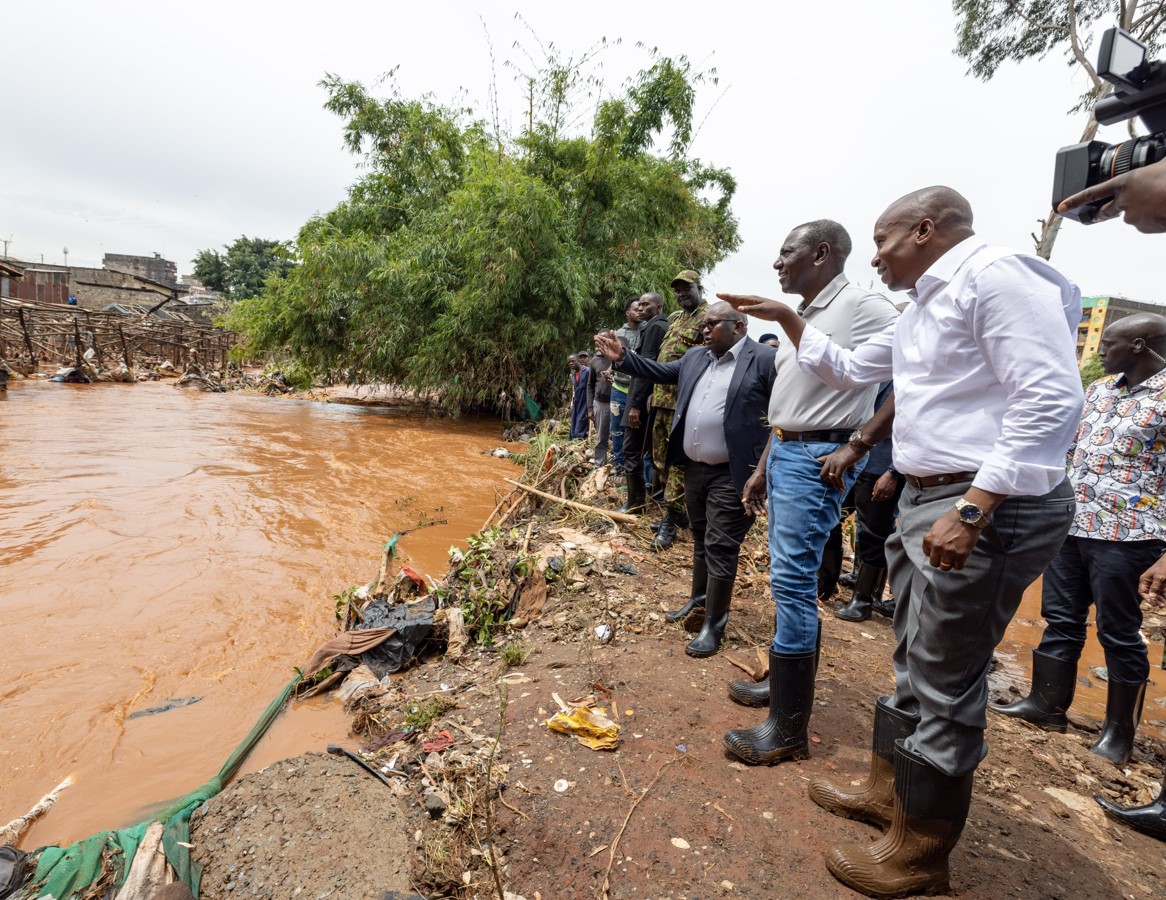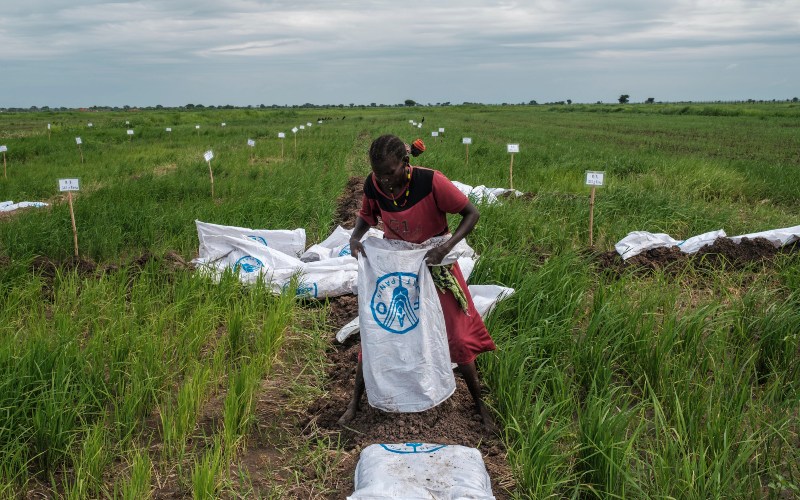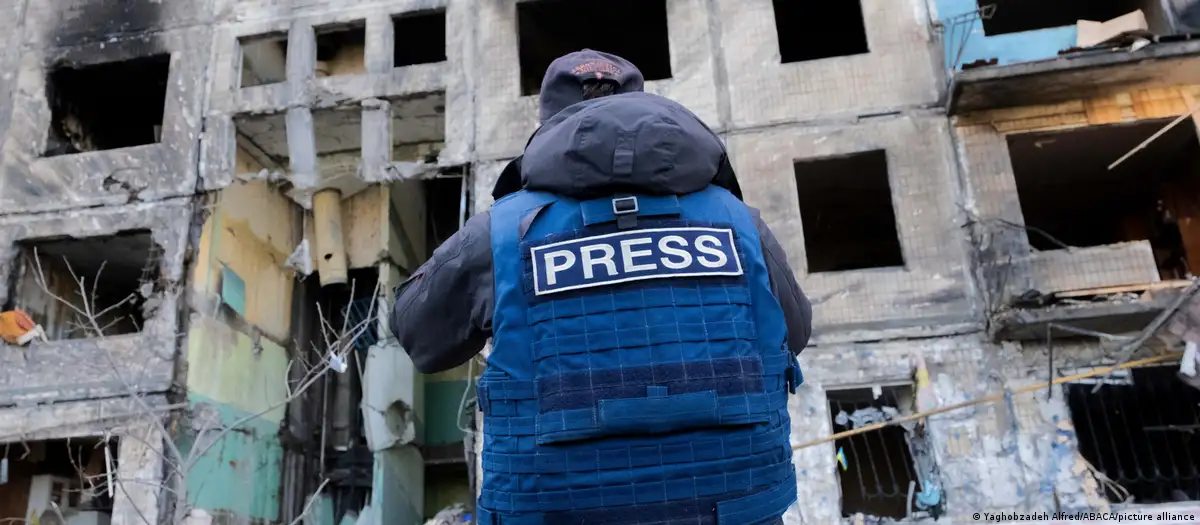OPINION: We are sadly paying the heavy price of ignoring flood warnings

The government must also take care of its people beyond issuing cautionary statements.
Let me start by sending my condolences to the families of the people who have died as a result of the ongoing floods in the country.
Among the victims are nine residents from Makueni County who rode on top of a lorry hoping to cross an overflowing river. The lorry was swept away by water, resulting in their deaths.
More To Read
- Southeast Asia faces catastrophic floods as tropical storm kills 600 hundred
- Garissa town residents call for urgent drainage fix as floodwaters swamp businesses, homes
- MPs link deforestation to deadly landslides, call for stronger disaster preparedness plans
- Officials warn of child safety risks near Ngong River in Mukuru
- Dozens killed, hundreds displaced as heavy rains batter several counties
- Update: 15 dead after massive landslide in Elgeyo Marakwet County following heavy rains
Even as we mourn these innocent souls, let us talk about some ignorant Kenyans who are disregarding everything and knowingly follow death.
A video emerged where a man was heard telling the residents of Makueni “RIP” (rest in peace) before they boarded the ill-fated lorry as it attempted to cross the Kwa Muswii River. The man was clearly warning them not to board the lorry, but the stubborn residents ignored him and some ended up dying.
Later, in an interview, a woman was seen crying for her husband who died in the incident. She said she had warned him not to cross the river and instead wait for the floods to subside, but he didn't listen to her.
I don’t want to appear heartless, but I hate it when someone does something that he has been warned not to do, either by his inner voice or by someone else.
We have been warned several times by State officials that we should take precautions during this rainy season, but some of us seem not to care.
On the other hand, the government must also take care of its people beyond issuing cautionary statements.
The meteorological department normally has a clear forecast of when the rains will start and their intensity, while there are other government agencies tasked with dealing with the effects of heavy downpours.
It is therefore unfortunate that lives are being lost because of the rains, while houses and schools are destroyed and key infrastructures damaged.
In a report last week, the Kenya National Highways Authority said that six main highways had been damaged in different parts of the country and it would cost Sh4 billion to repair them.
This money would have been used for other crucial projects.
Country suffering
Failing to plan is planning to fail. The government's failure to plan how to deal with possible eventualities caused by the heavy rains has left the country suffering. But how long are we going to continue to suffer?
When are we going to be ready to handle disasters like floods?
It is the government’s primary duty to safeguard citizens and their properties from such predictable disasters. Being prepared is not just about responding effectively in the aftermath, but also preventing the severity of such events.
We need comprehensive flood management strategies that involve both short-term relief measures and long-term planning, including sustainable urban planning, improved infrastructure, and robust emergency response systems.
Investing in early warning systems and community education are crucial steps toward minimising the impact of future floods. We need policies that are informed by the best available science and are flexible enough to adapt to the changing climatic conditions.
As citizens, we must be part of this important process. We must stay informed, participate in community preparedness programmes, and support the implementation of environmental safeguards.
Our commitment must be to the present and future generations, ensuring a safer, stronger, and more resilient nation.
The writer is a Mombasa-based communication and marketing expert.
Top Stories Today














































